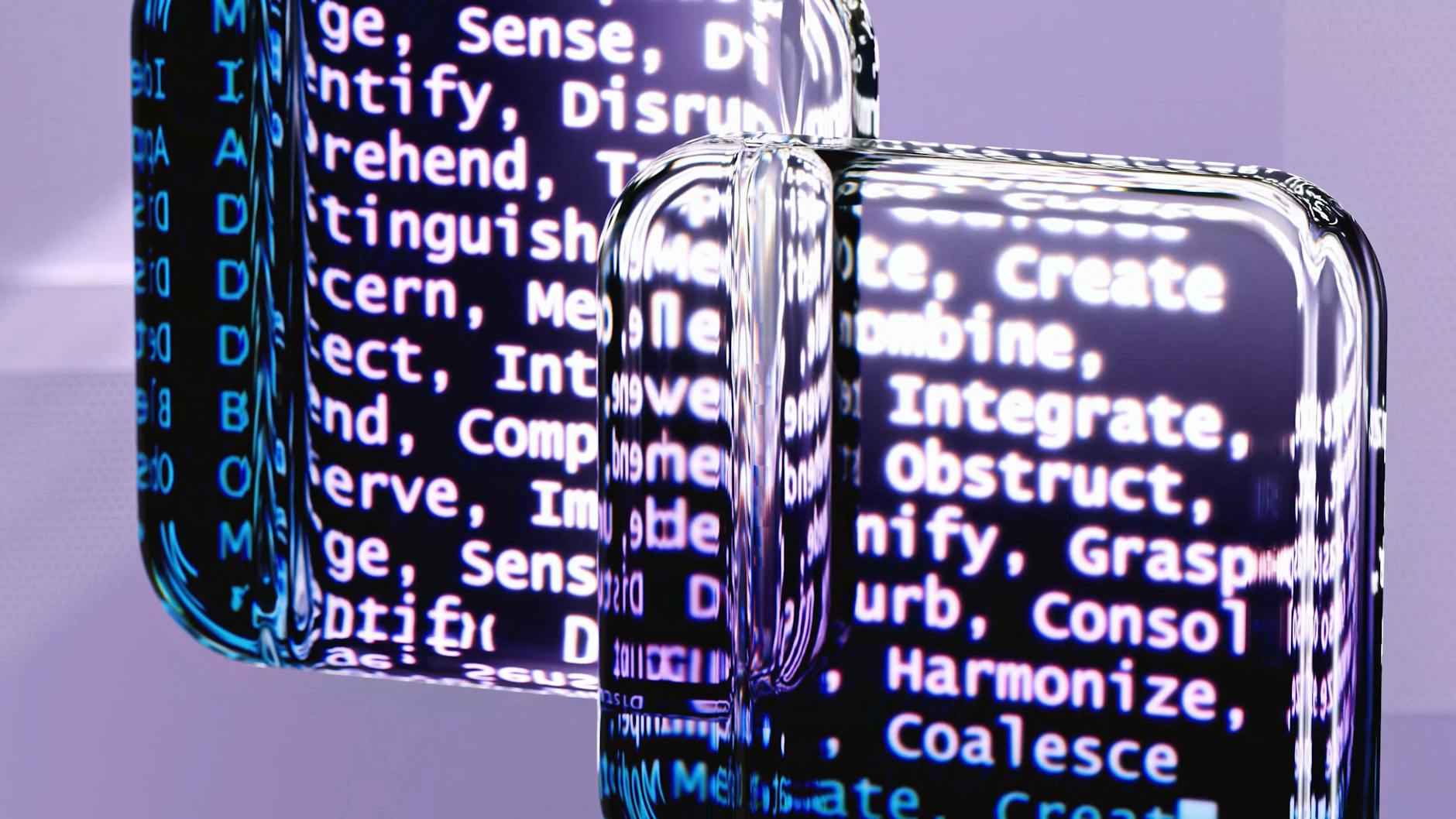Anthropic Goes Free with Haiku 4.5, Intensifying AI Price War | Dfinity Builds Apps with Prompts, Google Updates Video AI

Key Takeaways
- Anthropic has made its new Claude Haiku 4.5 model, offering near-frontier-level intelligence at a fraction of the cost, available for free to all users of its Claude.ai platform, significantly lowering the barrier to advanced AI access.
- Dfinity launched Caffeine, an AI platform that empowers users to build and deploy production-grade web applications entirely through natural language prompts, bypassing traditional coding and ensuring data integrity with its specialized blockchain infrastructure.
- Google released Veo 3.1, its latest AI video generation model, which brings enhanced narrative control, audio integration, and editing capabilities for enterprise users, though it faces stiff competition from OpenAI’s Sora 2.
Main Developments
The AI landscape is undergoing a profound transformation, marked by rapid technological advancements, aggressive pricing strategies, and entirely new paradigms for software development. This week, Anthropic made a strategic move that could redefine the economics of artificial intelligence: offering its powerful Claude Haiku 4.5 model for free to all users of its Claude.ai platform. This “near-frontier-level intelligence,” which matches or even surpasses the coding and autonomous capabilities of models considered cutting-edge just months ago, is now accessible without charge, intensifying Anthropic’s competition with OpenAI.
Haiku 4.5 boasts impressive benchmarks, scoring 73.3% on SWE-bench Verified for software engineering problems (close to GPT-5 Codex’s 74.5%) and excelling in computer use tasks with 50.7% on OSWorld. Priced at a remarkable $1 per million input tokens and $5 per million output tokens, it’s roughly one-third the cost of Anthropic’s mid-sized Sonnet 4 model while operating twice as fast. This move is part of Anthropic’s breakneck release schedule, following Sonnet 4.5 and Opus 4.1, and comes as the company reports explosive growth, with annual revenue run rates approaching $7 billion and projections of up to $26 billion by 2026. The new model also facilitates sophisticated multi-agent architectures, allowing more powerful models like Sonnet 4.5 to plan complex tasks, delegating execution to multiple cost-efficient Haiku 4.5 agents. Anthropic emphasizes Haiku 4.5’s ASL-2 safety rating, positioning it as their safest model yet for agentic capabilities.
Meanwhile, a fundamental shift in application development is emerging with Dfinity’s launch of Caffeine, an AI platform that enables users to create and deploy web applications through natural language conversation alone. Caffeine distinguishes itself from traditional coding assistants by acting as a complete replacement for technical teams, utilizing its custom Motoko programming language and the decentralized Internet Computer Protocol (ICP). This architecture guarantees that application upgrades cannot accidentally delete user data and provides inherent resilience against cyberattacks. The “orthogonal persistence” feature in Motoko eliminates the need for complex database management, allowing AI to focus solely on application logic. Dfinity envisions a “self-writing internet” where non-technical individuals can become builders, potentially expanding the developer base from millions to billions of smartphone users. Initial alpha testing saw a 26% daily active user rate, with users ranging from dentists building patient record systems to knitting students creating hobby learning apps.
In the realm of visual content, Google released Veo 3.1, its latest AI video generation model, accessible through Flow, Gemini API, and Vertex AI. Veo 3.1 introduces enhanced support for dialogue, ambient sound, and other audio effects, along with richer input and editing capabilities such as reference images, frame interpolation, and scene extension. These features aim to provide greater narrative control and streamline video production for enterprises. While Google reports over 275 million videos generated with its Veo models since May, early reactions to Veo 3.1 are mixed. Many praise the tooling enhancements but note that the model is “noticeably worse than Sora 2” from OpenAI and more expensive, with some limitations remaining in custom voice support and consistent character portrayal across scenes. All Veo 3.1 generated videos are watermarked with Google’s SynthID technology for provenance and compliance.
Analyst’s View
Today’s news signals a critical inflection point in the AI market, where the race is less about raw computational power and more about accessibility, cost-efficiency, and fundamental shifts in how software is created. Anthropic’s decision to offer Haiku 4.5 for free is a powerful commoditization play, putting immense pressure on competitors and accelerating enterprise adoption by addressing “AI FOMO” with tangible ROI. The focus on multi-agent architectures will be crucial for scaling complex AI applications economically. Simultaneously, Dfinity’s Caffeine represents an ambitious leap, daring to replace human developers with AI-driven, self-writing applications, complete with blockchain-backed guarantees. If Dfinity can overcome the inherent skepticism associated with crypto roots and prove scalability, it could truly democratize app creation. The video AI space, as seen with Google’s Veo 3.1, is maturing rapidly, but leadership remains hotly contested. The overarching trend is clear: advanced AI capabilities are becoming dramatically cheaper and more integrated, compelling enterprises to rapidly adapt their strategies to leverage these new paradigms or risk being left behind.
Source Material
- Anthropic is giving away its powerful Claude Haiku 4.5 AI for free to take on OpenAI (VentureBeat AI)
- EAGLET boosts AI agent performance on longer-horizon tasks by generating custom plans (VentureBeat AI)
- Google releases new AI video model Veo 3.1 in Flow and API: what it means for enterprises (VentureBeat AI)
- Dfinity launches Caffeine, an AI platform that builds production apps from natural language prompts (VentureBeat AI)
- Japan wants OpenAI to stop ripping off manga and anime (The Verge AI)